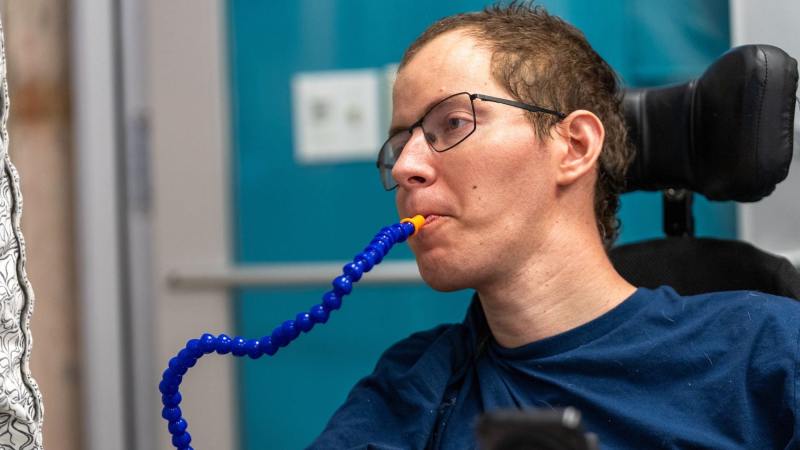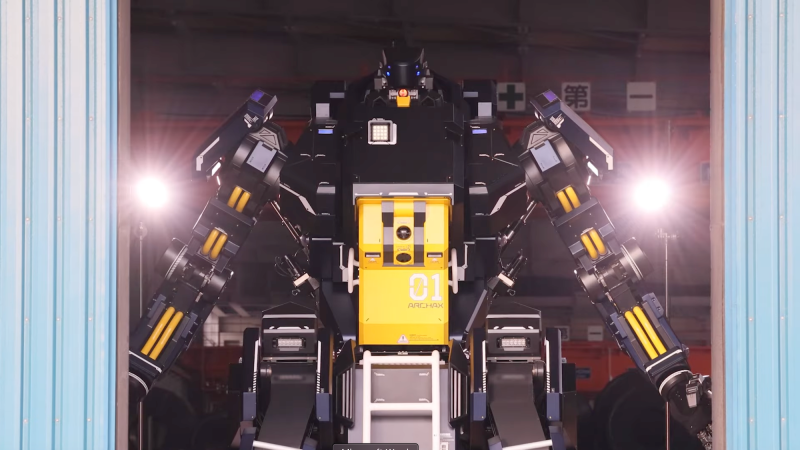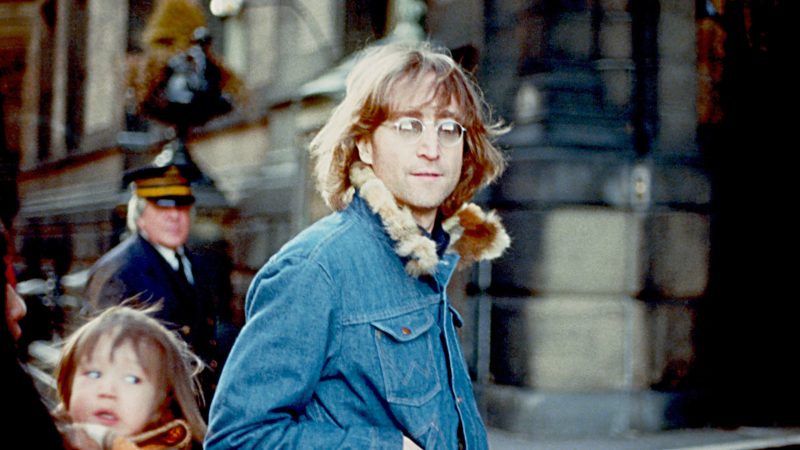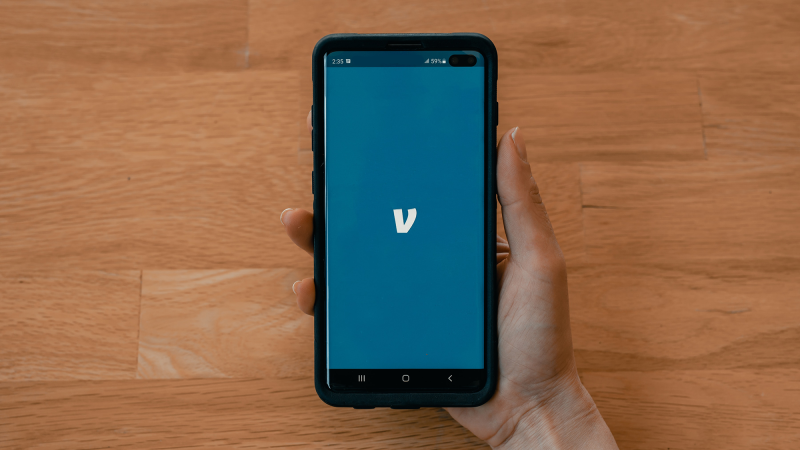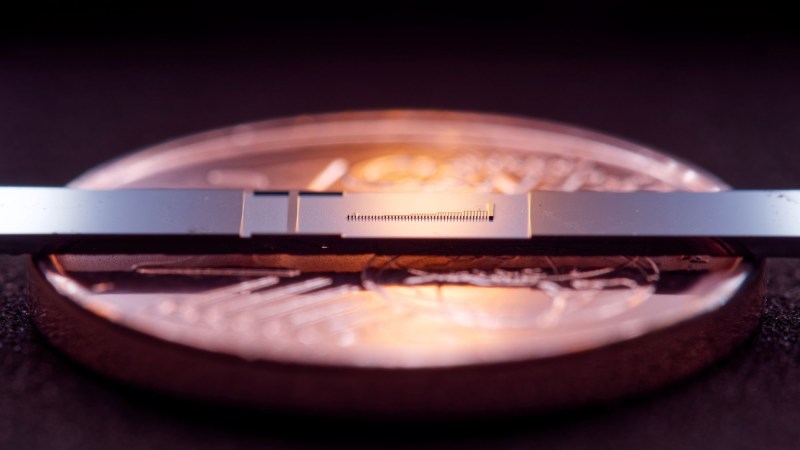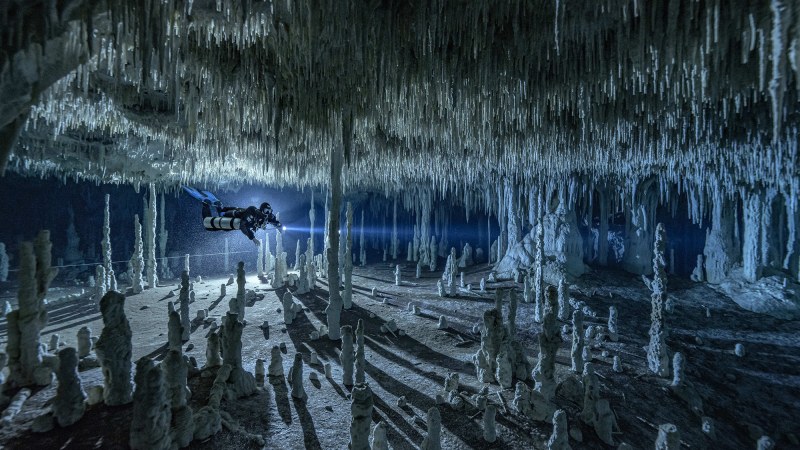

The Beatles have released their first song in over 50 years, produced in part using artificial intelligence. Based on a demo cassette tape recorded by John Lennon at his New York City home in 1978, “Now and Then” will be the last track to ever feature original contributions from all four members of the band. Check it out below:

The Beatles dominated pop culture throughout the 60’s before parting ways in 1970 following their final full-length album, Let It Be. Following John Lennon’s assassination in 1980, two additional lost songs, “Real Love” and “Free as a Bird” were recorded and released in 1995 using old demos of Lennon’s vocals. Paul McCartney and Ringo Starr are the two surviving members after George Harrison’s death from lung cancer in 2001.
Beatles fans have anticipated the release of the seminal band’s “final” song with a mix of excitement and caution ever since Sir Paul McCartney revealed the news back in June. Unlike other groups’ “lost” tracks or recording sessions, the new single featured John Lennon’s vocals “extracted” and enhanced using an AI program. In this case, a neural network designed to isolate individual voices identified Lennon’s voice, then set about “re-synthesizing them in a realistic way that matched trained samples of those instruments or voices in isolation,” explained Ars Technica earlier this year.
[Related: New Beatles song to bring John Lennon’s voice back, with a little help from AI.]
By combining the isolated tape audio alongside existing vocal samples, the AI ostensibly layers over weaker recording segments with synthesized approximations of the voice. “It’s not quite Lennon, but it’s about as close as you can get,” PopSci explained at the time.
The Beatles’ surviving members, McCartney and Ringo Starr, first learned of the AI software during the production of Peter Jackson’s 2021 documentary project, The Beatles: Get Back. Dubbed MAL, the program conducted similar vocal isolations of whispered or otherwise muddied conversions between band members, producers, and friends within hours of footage captured during Get Back’s recording sessions.

[Related: Scientists made a Pink Floyd cover from brain scans]
Attempts to record “Now and Then” date as far back as the 1990s. In a past interview, McCartney explained that George Harrison refused to contribute to the project at the time, due to Lennon’s vocal recordings sounding like, well, “fucking rubbish.” His words.
And listening to the track, it’s somewhat easy to understand Harrison’s point of view. While compositionally fine, “Now and Then” feels like more of a b-side than a beloved new single from The Beatles. Even with AI’s help, Lennon’s “vocals” contrast strongly against the modern instrumentation, and occasionally still sounds warbly and low-quality. Still, if nothing else, it is certainly an interesting usage of rapidly proliferating AI technology—and certainly a sign of divisive creative projects to come.

